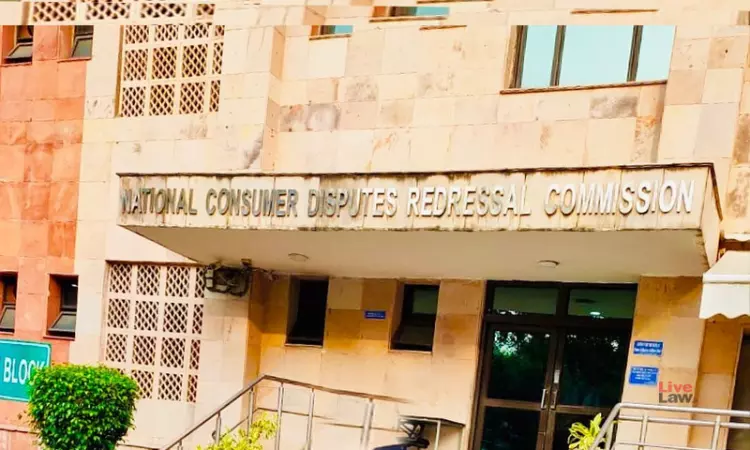National Consumer Commission Holds Anant Raj Ltd Liable For Deficiency In Service
Ayushi Rani
2 Feb 2024 8:00 PM IST

Next Story
2 Feb 2024 8:00 PM IST
The National Consumer Disputes Redressal Commission, presided by Subhash Chandra(member), held Anant Raj Ltd. liable for deficiency in service over delay in handing over the flat booked by the complainant. Contentions of the Complainant The complainant booked a flat with Anant Raj Ltd (builder) and signed a flat buyer agreement. The agreement promised possession within 36 months,...
